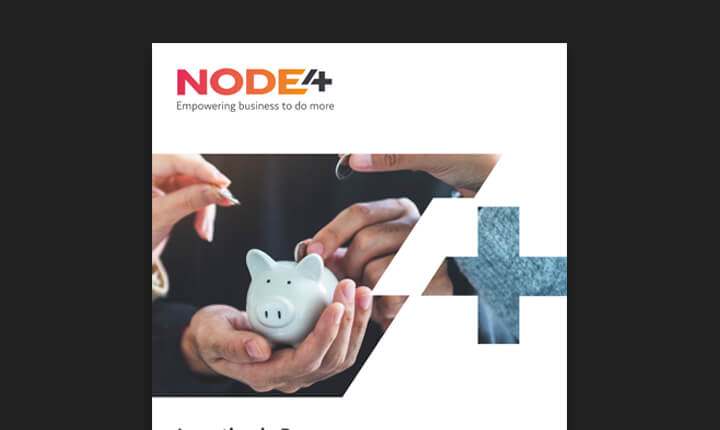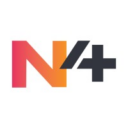In today’s highly competitive climate, it’s vital that financial institutions innovate, and investigate new technologies, to improve their products and services.
Distributed ledger technologies, known as blockchain, use software algorithms to record and confirm transactions. It stores information in blocks that are linked together to form a continuous line.
It is decentralised and therefore hailed as a better, safer way to record activity and keep data fresh, while maintaining a record of its history. The data can’t be corrupted by anyone or accidentally deleted, and users benefit from both a historical trail of data, plus an instantly up-to-date record.
Many financial institutions use legacy systems and some date back decades. Blockchain is therefore an option for organisations looking to move away from these outdated systems.
Here’s five reasons why we’re seeing more and more financial institutions turn to blockchain:
1. Trusted information
To get started, you need to add a transaction to a new block in the chain. This is created by solving a cryptographic puzzle. The computer that solves the puzzle shares the solution with the other computers on the network which is called proof of work. The network then verifies the proof of work, and if correct, the block will be added to the chain.
Then the transaction is encrypted and linked to the previous transaction. The chain is then virtually impossible to modify retroactively, since it would require the alteration of all subsequent blocks and the agreement of the entire network.
As all blocks in the chain have been verified, it means the trusted information can be viewed by another party without the need for an intermediary, i.e. a lawyer.
2. Smart contracts
Using blockchain, financial businesses such as insurance companies can create shared ledgers and smart contracts.
With a smart contract, the terms of agreement are directly written on the blockchain so that all participants can be certain of the outcome. The contract then runs when pre-set conditions are met. This alleviates the need for an intermediary’s involvement.
As the business rules are incorruptible, banks can be confident that complex financial asset transactions are secure.
3. Instant settlements
With blockchain, transactions can take minutes or seconds compared to other methods which can take up to a week.
Settlements are user-optimised which saves a substantial amount of time and money for both parties involved. There’s no need for middle office and back office staff at banks as transactions settle instantly.
4. Holding digital assets
Although blockchain technology is more than just cryptocurrency, the financial industry is adopting it for its ability to hold cryptocurrency keys and digital assets such as Bitcoin and other tokens.
According to a Deloitte report, 38 percent of financial services firms expect to invest $5 million or more in blockchain technology during 2021.
5. Cost savings
Removing the intermediary and making peer to peer transactions possible brings about the obvious savings in money and time.
This can offer a significant reduction in operational costs for banks. In the financial services industry, there would be no need for fee-charging custodian banks or clearers.
When banks share blockchain, the initial costs may seem higher, but it offers better capital optimisation as the costs are shared among all participating banks giving a substantial cost reduction.
A technology your competitors are investing in
In the financial services and insurance industries, interest in blockchain looks likely to grow. According to Statista, in 2020, banking was the industry with the largest blockchain spending, reaching almost 30% of the market share.
By 2023, worldwide spending on blockchain is expected to reach $15.9 billion, compared to $1.5 billion in 2018.
This growth shouldn’t come as a surprise. Distributed ledger technology allows banks to trade faster and more cost-effectively. It also protects customers’ identities and security, and creates improved, more efficient services.
READ MORE ABOUT…


Big Tech and Finance: Your 7-Minute Guide


Finance and Insurance in the Channel


